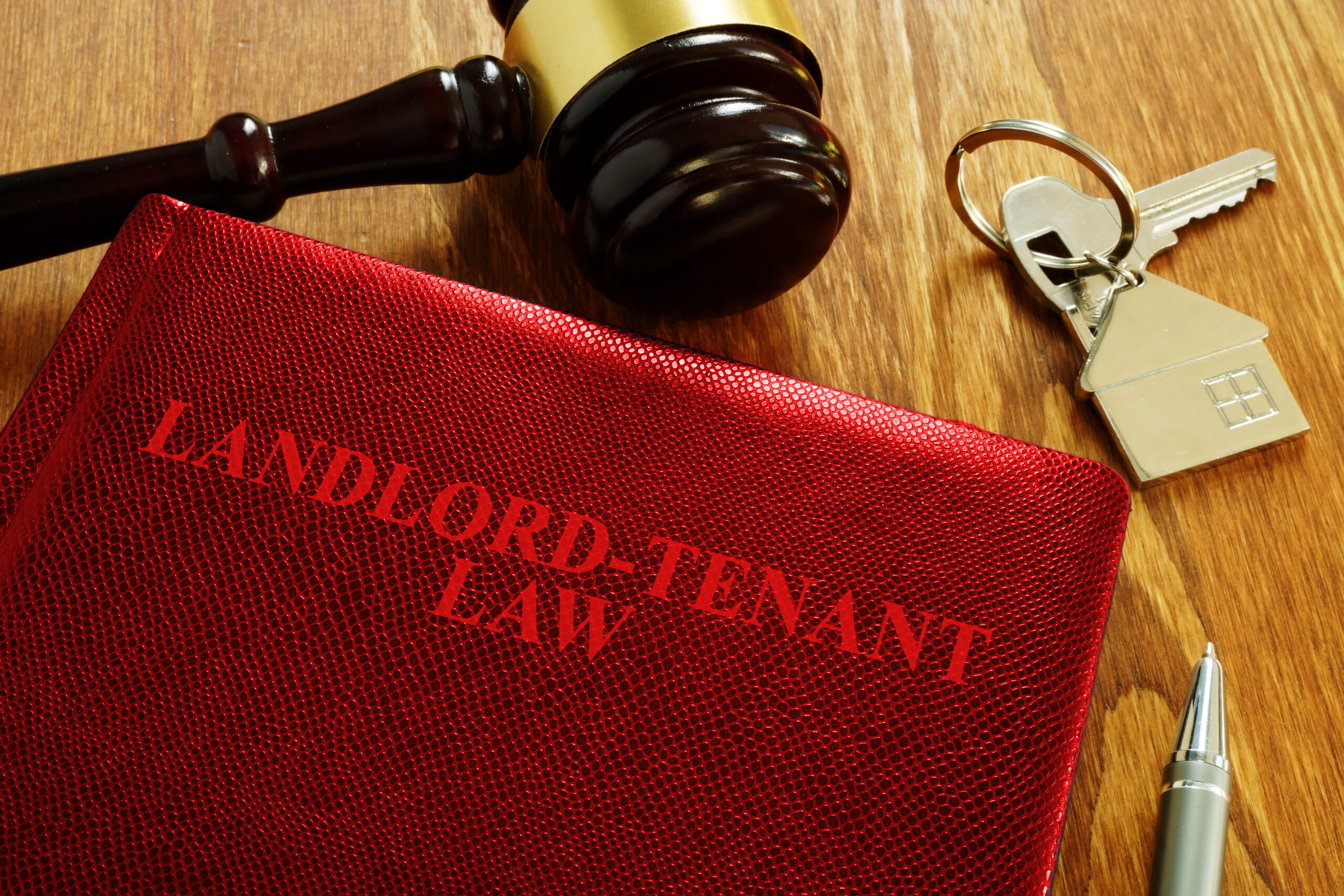Updated: 11 April 2022
 Investing in a buy-to-let property continues to have much appeal. Property has an excellent track record and for many it is recognised as a reliable investment that, over the longer term performs well.
The market is currently starved of supply which accompanied with high demand from prospective tenants for rented property means we continue to see significant number of enquiries from potential first time landlords.
If you are thinking of becoming a landlord for the first time and want to know how to ensure success and avoid the common pitfalls of buy-to-let investment the six tips below offer invaluable advice for you.
Investing in a buy-to-let property continues to have much appeal. Property has an excellent track record and for many it is recognised as a reliable investment that, over the longer term performs well.
The market is currently starved of supply which accompanied with high demand from prospective tenants for rented property means we continue to see significant number of enquiries from potential first time landlords.
If you are thinking of becoming a landlord for the first time and want to know how to ensure success and avoid the common pitfalls of buy-to-let investment the six tips below offer invaluable advice for you.
Know your market
The first rule when choosing a property to let is not to think about where you would like to live, but to view it as a business decision. A cosy cottage in the middle of nowhere may seem idyllic but most renters want good transport links and local amenities like schools, shops and hospitals nearby. A large garden may be a haven to a homeowner but is often seen by tenants as a liability they would rather avoid so it is important to find out which type of properties let well in your area and the best neighbourhoods for buy-to-let. A good local letting agent is invaluable.
 Get mortgage advice
Get mortgage advice
Making the right decisions around the funding of your buy-to-let investment is crucial and professional mortgage advice is a wise move. It is also important to know you can no longer offset your mortgage interest for tax purposes.
Let us know if you need advice in this regard and we can recommend a qualified broker to offer you professional advice.
Run a tight ship
It’s important not to jump into buy-to-let without doing your homework – or paying a letting agent to do it for you. Letting property goes hand in hand with rules and red tape, from ensuring your furniture complies with fire regulations to adhering to health and safety requirements for gas and electricity. There are also tenant deposit schemes to sign up to, careful vetting of potential tenants, including right to rent checks, and the production of a thorough inventory for the property and its contents. Always ensure you have adequate insurance to cover the buildings and contents (even if unfurnished) and possibly even your rental income. In other words, you must dot your ‘i's’ and cross your ‘t’s’.
Long-term approach
Forget 'get rich quick' schemes. Buying-to-let is a long-term investment. First of all, bear in mind that capital appreciation is likely to have periods of strong growth as well as times when growth is either static or possibly downward. Ups and downs will however be much less volatile than any investment on the stock market. Secondly, although rental demand, and rents are currently both high, it is important to plan and budget for voids, repairs and, potentially future rises in interest rates. And thirdly, ask yourself why you are investing in property and know what your exit strategy is. Do you want the property to provide you with a pension in retirement for example?
Do you have a plan to pay down any mortgage in readiness to maximize income at retirement or do you intend to only pay interest?
Be aware it is also more tax-efficient to hold onto your property for at least 10 years as your Capital Gains liability is reduced with taper relief over that period.
 An all-important buffer
An all-important buffer
If you have any money left over from your rental income after your mortgage has been paid you may wish to consider building a sinking fund, perhaps within an instant-access savings account to give you a safety net. After all, if your tenant moves out and you don't replace them immediately, you still need to meet your mortgage payments in the interim. Boilers can and do breakdown but if you have the money put to one side to get it fixed quickly, it probably won’t happen!
Be prepared as maintenance expenditure should be expected. Problems can and do occur, so a savings pot is important. If you still have leftover rental income you can also overpay your mortgage and reduce your debt, which in turn will give you a greater net income.
Invest for success
While it is essential that you keep some money aside for essential maintenance and void periods, you should also speculate to accumulate. Most experts agree that well-presented properties let faster and attract better tenants. It is therefore worth spending a little extra money to create an appealing home. Reacting promptly after a management visit that reports the need for minor repairs may have a cost but prompt action will often prevent larger problems occurring later, keeping your tenant happy ultimately may save you a fortune in the long term. A good letting agent is also a wise investment. There is a cost but it is money very well spent – not only will they give you a watertight tenancy agreement; they will give you good advice and are invaluable in the event of a dispute.
For more helpful information on all aspects of Lettings contact: